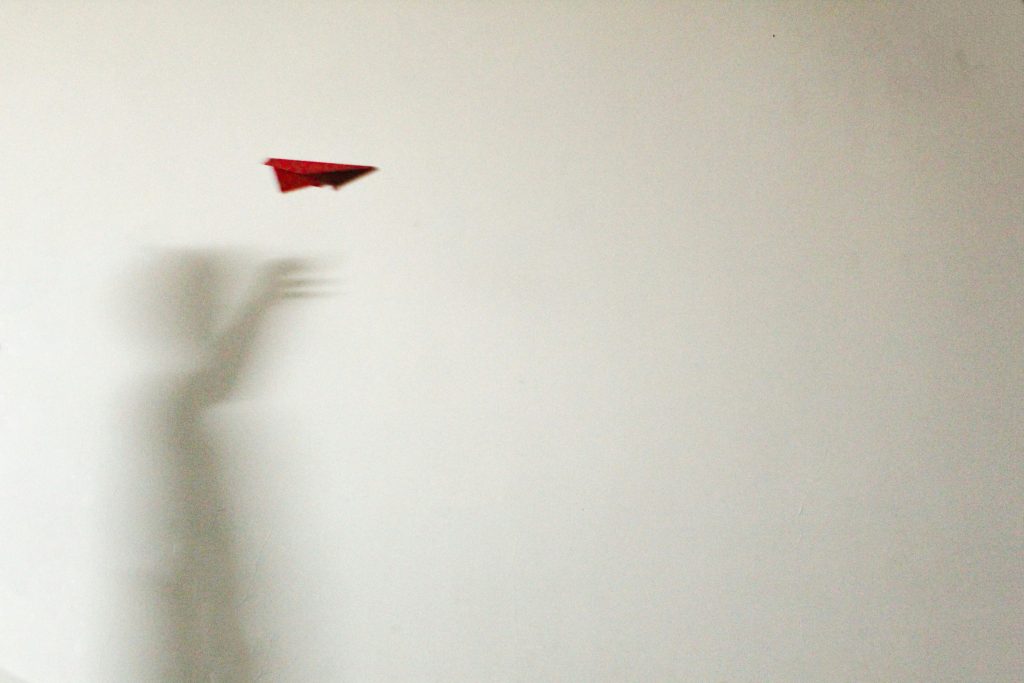My sister is getting ready for her wedding and has bought herself a fitness watch. She’s started exercising to be able to fit into her wedding dress. Recently males and a few females in my family made a comment about how women let themselves go after the wedding.
Is this true? Do women intentionally lose their physical self after marriage? Or are there several contributing factors? Is it just outward physical beauty or do they lose themselves mentally and emotionally too?
Blaming culture and society all the time might seem like an easy way out but when you look around you (in my case listen to the comments of the family members) and see it happening so often, then culture and society is not an easy way out, it is the reason.
As I planned to look deeper into this issue, I realised that there is a constant trade-off between running the home, looking after the family’s physical and emotional needs and trying to manage one’s own needs if there are minutes to spare.
Why don’t they ask for help?
When confronted, the males in the family replied that “if the work is so hard, ask for help”. Is asking for help the only solution to what seems like a ‘simple’ problem to those making the unconscious political statement that ‘women let themselves go’?
A close friend of mine has a husband who is a fitness enthusiast. He is always complaining that she never exercises like him. Between her 8-6 pm job, cooking after work, and cleaning the home there never seems to be any time left. Her husband does the laundry, so she believes asking for more is unfair.
The situation is grim in both urban and rural areas.
Reality.
This is a hard-hitting multifaceted reality. The following factors mentioned here are co-related and not to be taken in isolation.
Childbirth and menopause
Body change during pregnancy is clearly visible. The body goes through various changes and stresses during pregnancy and post pregnancy as well. Building a home inside the body to support a featus is likely to change your body. A few finite examples are the changes to reproductive hormones, altered lipid concentrations, changes in the renal system, the list is larger and can be found here for those curious enough.
However magical the miracle of birth is, the push for the ideal body even after birthing a human is an added pressure. Society accepts pregnant women as an exception to the ‘thin’ rule, a socially constructed ideal, probably constructed in part by the gender unable to conceive.
Depending on the support a mother receives in raising the baby after pregnancy to raising the child is a major factor in determining how their physical health will be looked after. While women in entertainment are applauded for ‘losing that pregnancy weight’ it’s important to take into account that this is achieved with the help of nannies, personal chefs, personal nutritionists and personal trainers.
Health and fitness encompasses mental health as well. Research shows that Postpartum Depression (PPD) and Postpartum Anxiety (PPA) are quite common and underdiagnosed by as much as 50%. The lack of awareness of PPD and PPA worsens this situation. Seeking help and treatment requires not only an awareness but financial resources as well. When a new born child enters the family, financial expenditure increases and the health of other members including the mother takes a backseat. Not treating PPD and PPA has negative impacts on the mother-child relationship and the development of the child.
There is a serious lack of knowledge around menstruation and menopause among men and women. Lack of knowledge and willingness to understand perpetuates the gap between males being able to support their spouses, sisters or mothers during menopause.
Research shows that menopause may be accompanied by weight gain, as well as several other more drastic changes like increases in vasomotor symptoms linking this to increased adiposity driven weight gain, changes in cholesterol, vaginal atrophy to name a very small few.
Did you know that sometimes changes could be where women’s hair could change from straight to extremely curly? Menopause marks the end of the menstrual cycle: 451.3 median number of lifetime menstrual cycles considering 13 menstrual cycles a year that is 34.7 years of menstrual activity!
Apart from the scientific reasons why ‘women apparently let themselves go’, there are multiple other reasons.
As I looked around I realised many women as primary caregivers usually eat once all members of the family have eaten thus eating at odd times of the day.
I am sure we all know that wasting food is frowned upon in all parts of the world. And have you noticed women are usually seen finishing the food from the childrens plates or trying to finish stale meals to clear the fridge in an attempt to reduce wastage of food? This directly impacts the quality of food being eaten. Stale food with reduced nutrients does not account for healthy food.


